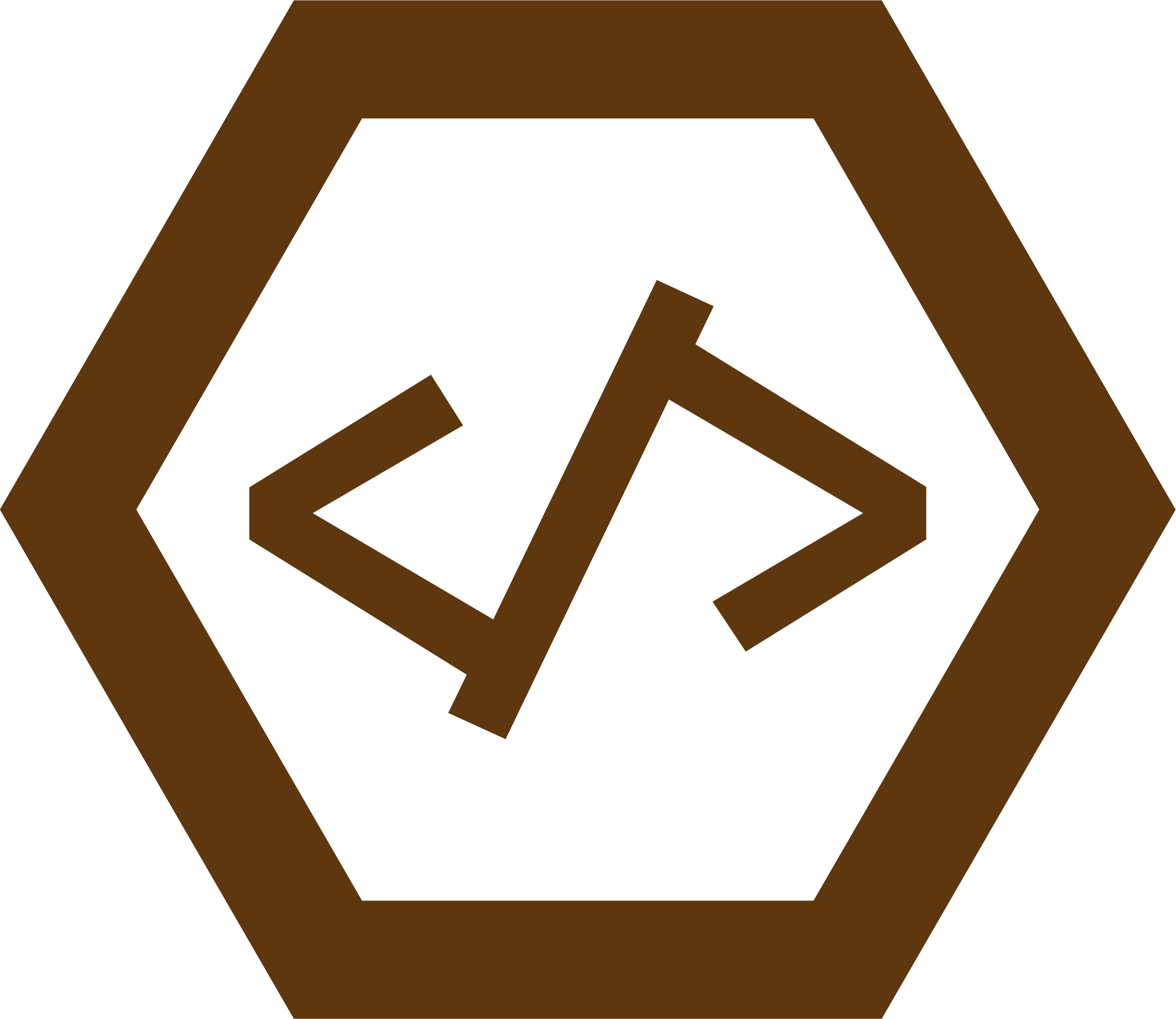Reserved keywords are an essential part of programming in Python. They are words that cannot be used as identifiers, such as variable names, class names, or function names. These words have special meanings in the language, and they play a crucial role in defining the structure and behavior of programs. In this article, we will explore the reserved keywords in Python, understand their importance, and learn how to work around them if needed. We will also dive into functions, libraries, and other aspects related to reserved keywords to give you a comprehensive understanding of the topic.
Understanding Reserved Keywords in Python
Reserved keywords in Python are a predefined set of words that have a special significance within the language. They are part of the language’s syntax and are used to define the structure, control flow, and other key aspects of a program. Since reserved keywords have a specific meaning in Python, they should not be used as identifiers like variable names or function names.
Some common examples of reserved keywords in Python are:
- if
- else
- while
- for
- import
- def
- class
- try
- except
- finally
It is crucial to remember these keywords when programming in Python to avoid any conflicts and ensure that your code runs smoothly.
Working Around Reserved Keywords
Sometimes, you may come across situations where you need to use a reserved keyword as an identifier. In such cases, it’s essential to find a workaround to avoid conflicts with Python’s language syntax. One common practice is to add an underscore at the end of the keyword.
# Using a reserved keyword as an identifier with an underscore class_ = "Example Class" finally_ = True
This approach allows you to use reserved keywords without interfering with the language’s structure or causing any syntax errors.
Step-by-step Explanation of Using Reserved Keywords in Python
Let’s walk through the process of working with reserved keywords in Python step-by-step.
1. Identifying reserved keywords: The first step is identifying the reserved keywords in Python. You can use the `keyword` module to view the complete list of reserved keywords in the language.
import keyword print(keyword.kwlist)
2. Avoiding reserved keywords in your code: When writing Python code, make sure you do not use any reserved keywords as identifiers. Review the list of reserved keywords, and choose alternative names for variables, functions, and classes.
3. Working around reserved keywords: If there is no alternative to using a reserved keyword, you can add an underscore at the end of the keyword to make it an acceptable identifier in your code.
Libraries and Functions Related to Reserved Keywords
As we discussed earlier, the `keyword` module in Python provides various utility functions related to reserved keywords. Some useful functions include:
- iskeyword(): This function checks if a given string is a reserved keyword. It returns True if the string is a keyword and False otherwise.
- kwlist: This attribute of the `keyword` module provides a list of all the reserved keywords in Python.
import keyword
# Check if a word is a reserved keyword
print(keyword.iskeyword("if")) # True
print(keyword.iskeyword("example_keyword")) # False
In conclusion, understanding reserved keywords in Python is essential for writing effective and error-free programs. By knowing when and how to work around them, you can ensure that your code runs as intended and avoid conflicts with Python’s syntax. Remember to review the list of reserved keywords periodically, choose appropriate identifiers for your code, and use the `keyword` module to check for reserved keywords when necessary.
